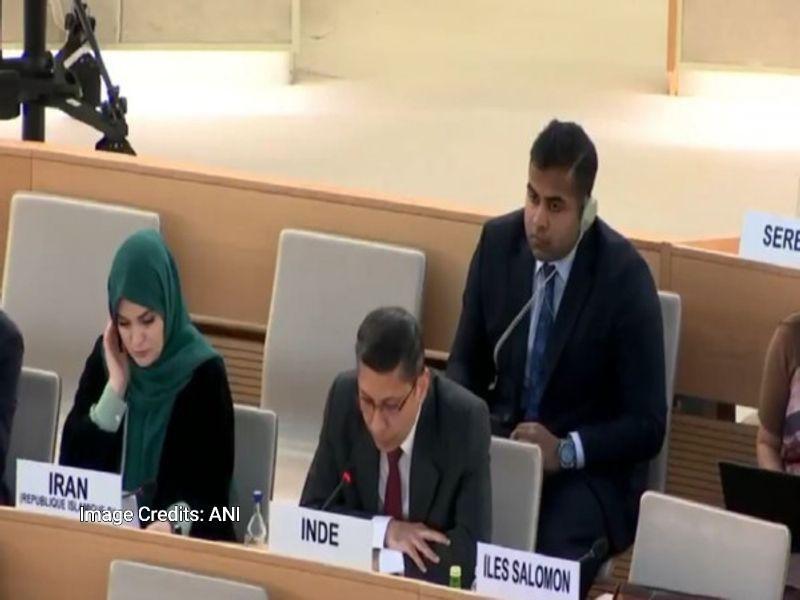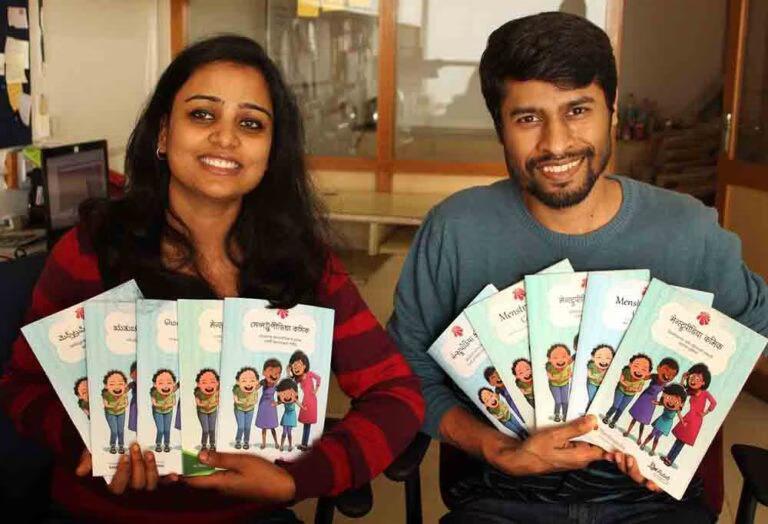
Unfounded, Baseless: India on UNHRC Chief Remarks on J&K, Manipur
The United Nations Human Rights Council (UNHRC) is an international organization that plays a crucial role in promoting and protecting human rights around the world. The UNHRC chief, Volker Türk, recently made some remarks on Jammu and Kashmir (J&K) and Manipur, which have sparked a heated debate. India, being a significant player in the international community, has responded to these remarks, terming them as “unfounded and baseless.”
In a statement, India’s permanent representative to the United Nations, Arindam Bagchi, said that the world’s largest democracy continued to be a healthy, vibrant, and pluralistic society. He emphasized that the UNHRC chief’s statement was “cherry-picking” and did not present a balanced view of the situation in J&K and Manipur.
So, what exactly did the UNHRC chief say that has irked India? In a statement, Volker Türk called for addressing the violence in Manipur and expressed concerns over the restrictive laws in Jammu and Kashmir. He also urged the Indian government to address the human rights situation in the region.
However, India has rejected these remarks, saying that they are unfounded and baseless. The Indian government has maintained that J&K and Manipur are integral parts of the country and that any issues in these regions are being addressed internally. India has also emphasized that the UNHRC chief’s statement was not based on facts and was an attempt to interfere in the internal affairs of the country.
The issue of Jammu and Kashmir has been a contentious one for years. The region has been disputed between India and Pakistan since the partition of India in 1947. In 2019, the Indian government revoked the special status of J&K under Article 370 of the Constitution, which had given the region a significant degree of autonomy. This move was seen as a major step towards integrating J&K with the rest of India.
Since then, there have been concerns about human rights violations in the region. Activists and politicians have accused the Indian government of suppressing dissent and imposing restrictions on the movement of people in the region. However, the Indian government has maintained that these measures are necessary to maintain law and order in the region.
Similarly, Manipur has also been a hotbed of protests and violence in recent years. The region has been demanding greater autonomy and has been protesting against the Manipur Merger Agreement signed in 1949, which merged Manipur with India. The Indian government has maintained that these protests are peaceful and that the security forces are taking all necessary measures to maintain law and order in the region.
In the context of the UNHRC chief’s remarks, India has emphasized that the situation in J&K and Manipur is being addressed internally and that the country is committed to protecting the human rights of its citizens. The Indian government has also pointed out that the UNHRC chief’s statement was not based on facts and was an attempt to interfere in the internal affairs of the country.
This is not the first time that India has clashed with the UNHRC over the issue of human rights. In the past, India has criticized the UNHRC for its biased approach towards the country’s human rights record. India has maintained that the UNHRC has been selective in its criticism of human rights violations and has not held other countries accountable for their human rights record.
In conclusion, the recent remarks made by the UNHRC chief on Jammu and Kashmir and Manipur have sparked a heated debate. India has rejected these remarks, terming them as “unfounded and baseless.” The Indian government has emphasized that the situation in these regions is being addressed internally and that the country is committed to protecting the human rights of its citizens. The UNHRC chief’s statement has been seen as an attempt to interfere in the internal affairs of the country, which is not acceptable.
Source:






